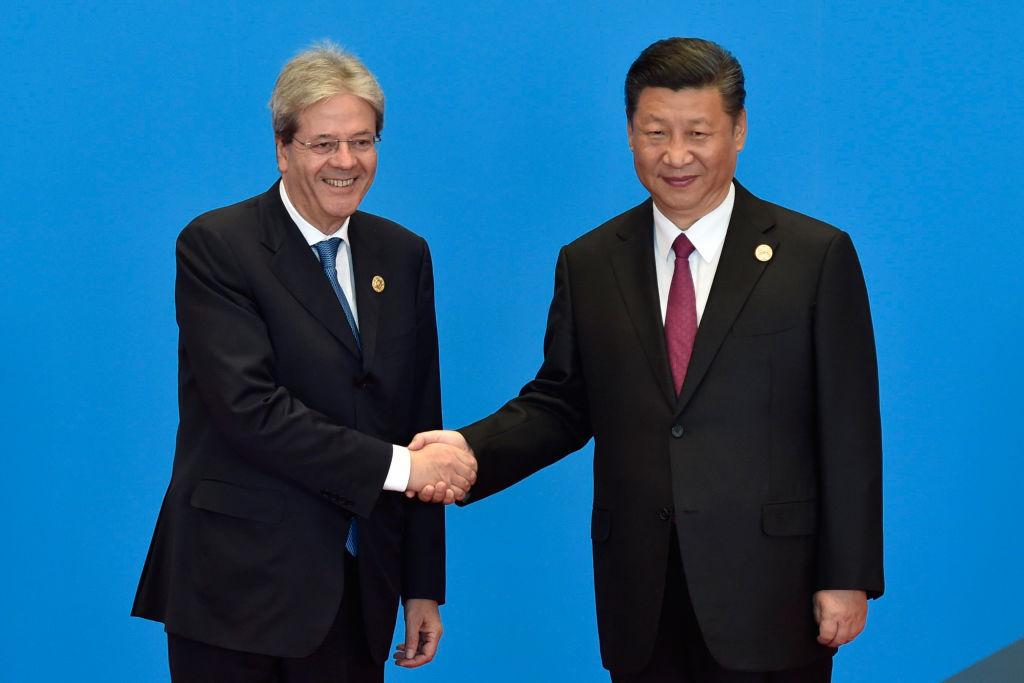The Italian government appears to be divided over whether to participate in China’s “One Belt, One Road” initiative, as concerns are being raised within Italy and by its ally, the United States.
Italian’s intention to join China’s project for growing geopolitical clout was first announced by Michele Geraci, undersecretary of the Italian economic development ministry, in an interview with the Financial Times on March 6. Geraci said that negotiations were underway and Italy could formally sign a memorandum of understanding (MoU) with China to enter the initiative when the country’s leader Xi Jinping visits Italy sometime in March.



